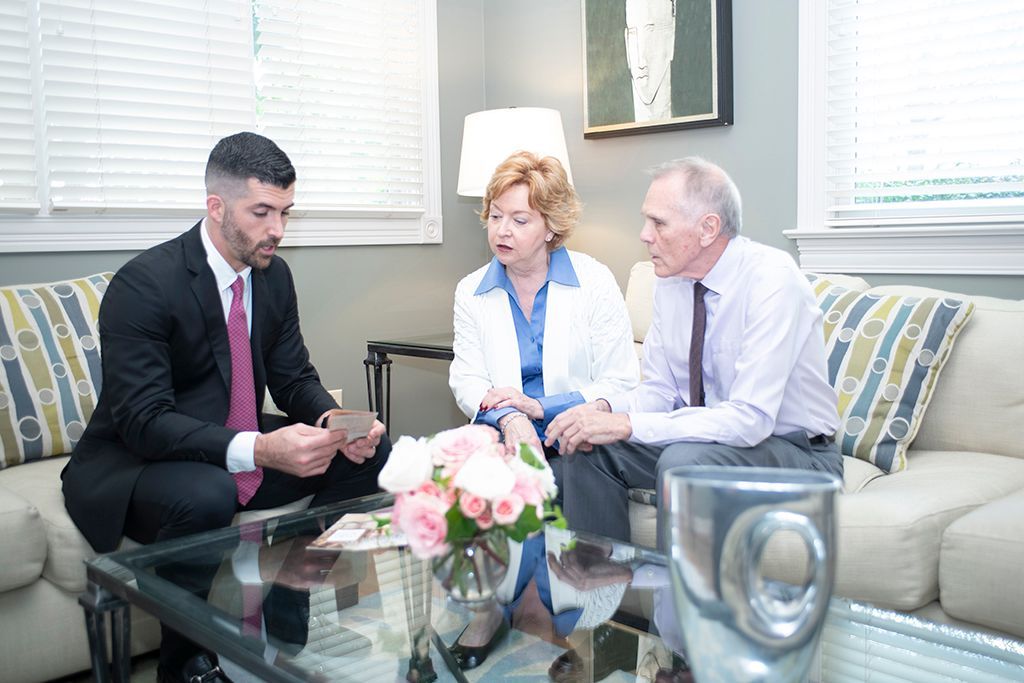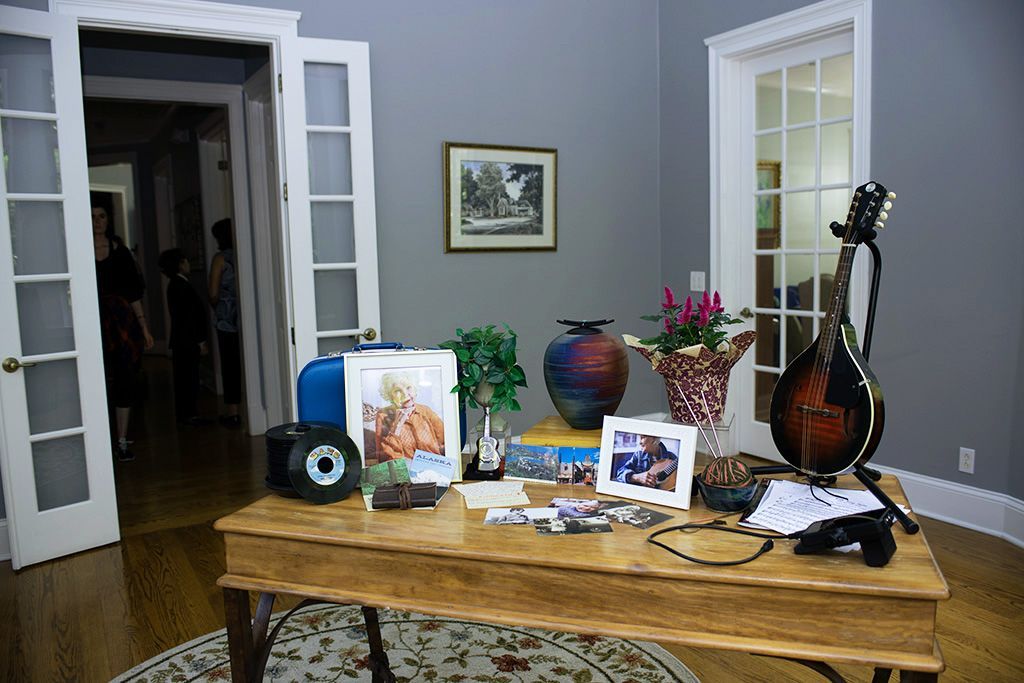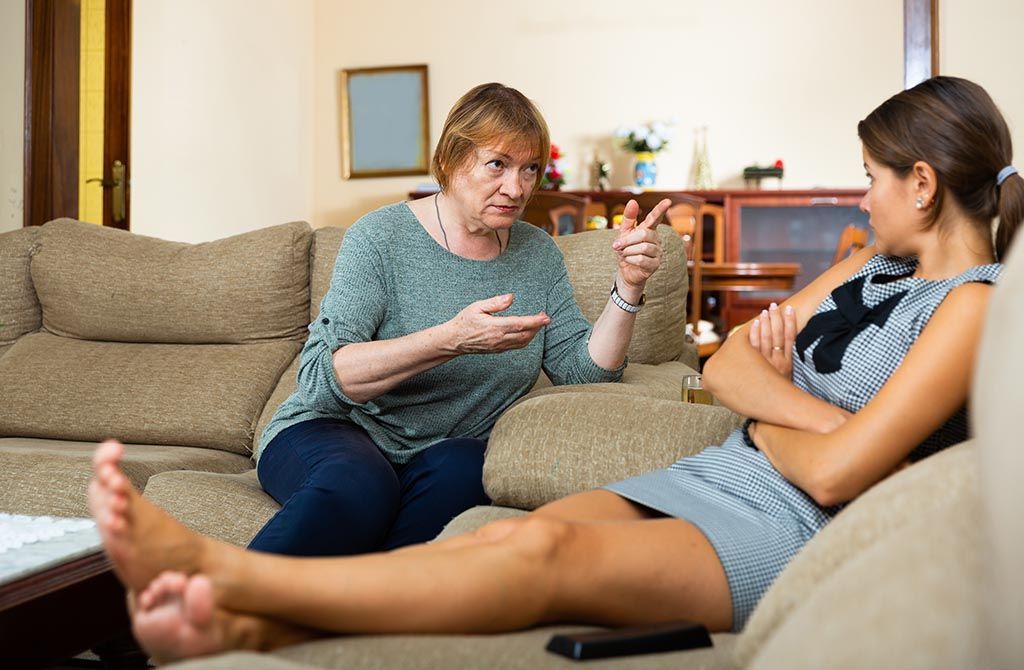Join to see when we post new obituaries
Your email will not be used for any other purpose and will not be shared. You may unsubscribe at any time.
Coping with Grief Guide
Suffering from a loss of a loved one? In this coping with grief guide, our aim at Affordable Burials and Cremations is to help you get back to the feeling of normal.
When a loss of life occurs, it can be hard to come to terms with what has happened. For some people, the feelings of numbness and disbelief can even become denial that the person is gone. Most of us have experienced the feeling that our loved one is just in the next room; we keep expecting them to make an appearance, we keep waiting for them to say something or tell us what to do next. Even though we may know intellectually that the person is gone, it’s hard to reconcile this with our deep need to see them and talk to them again. Often, it’s the person we have relied on most for support over the years who has died.
The question arises: How to grieve such a deep loss? Is there a ‘right’ way to grieve? Once the initial shock has worn off, a variety of feelings can come to take their place: sadness, guilt, fear, and many more. Depending on who has died, these feelings may vary in intensity as we go through the well recognized stages of grief. There is no timetable for grief; everyone experiences these things differently. Yet, no matter the circumstances or the person who has passed away, there are some common feelings that most people go through. Knowing what they are and being prepared for them can help you realize that you are not alone, and that your feelings are completely normal, and will eventually pass.
Grief – and Other Feelings
After a spouse, close friend or relative has passed away, it is very typical to feel some or all of the following emotions:
- Sadness – this feeling is the one most typically associated with grief. It might manifest as tears or simply feelings of sorrow and upset.
- Emptiness – often when a person close to you has died, a void is left that many try to fill in other ways, some healthy, some less so.
- Loneliness – without the loved one’s presence, it is easy to feel lonely or alone.
- Instability – one minute you may be laughing, and crying the next. Feelings may not seem to make sense anymore or be connected with what is going on.
- Guilt – even though no one has control over life and death, you might feel guilty that you were unable to prevent your loved one from dying (survivor’s guilt). You might also feel guilty if you think you were a less-than-perfect caregiver, or if you left things unsaid or undone before the death.
- Fear – fear can take many forms, ranging from worry and anxiety all the way to panic. You may wonder how you will cope with life without that person or fear the responsibilities that you must now shoulder.
- Anger – though there may be no one to blame, you may still feel angry with everyone around you – including yourself and the person who has left you.
- Despair – this can look like depression or apathy, or even take on physical characteristics like chronic fatigue, illness, aches and pains, trouble sleeping, fluctuations in appetite and weight, or any combination of the above.
How to Cope with Grief When a Parent or Grandparent Dies
Grown children intellectually know that their parents and grandparents are likely to die at some point. But if you had a close relationship with a parent or grandparent, especially if you depended on them for emotional or financial support, you may be faced with an overwhelming sense of loss, grief, and fear that you are now alone. The good news is, you can and will cope with these natural feelings and they will lose their intensity as time passes. Here are some ways to cope with the grief when a parent or grandparent dies.
- Know that they would only want your happiness. This is important because you may feel guilt about not being a better son or daughter, or guilt for still having plans for your own life. A parent (or grandparent) wants nothing but their children’s happiness and would want you to move on with a happy and fulfilled life.
- Remember your parent or grandparent. While it may not be well-advised to keep all their belongings, it’s okay to talk about them with other relatives and friends, to keep select possessions, and to write down everything you can about them because one-day time will erase many of your happy memories. Keep photos, a journal, and write down the things you remember about them, like their recipes, the things they liked, the things you did together when you were a child. That way you’ll have a point of reference to adopt the traditions and habits that you liked, and integrate them with your own family life.
- Feel your emotions – or don’t. Sadness may not always look like crying; you may feel horribly angry at your parent for leaving you. If you’re young and your grandparent had a large role in your life, you may feel betrayed and furious at them for ‘letting’ this happen. Whether you need to scream, punch pillows, cry or lean on your friends a lot, it’s okay. Similarly, if you feel a sense of relief because a long illness or a difficult caregiving burden is over, that’s okay too – don’t feel guilty about having these normal feelings.
Coping with Grief When a Child or Baby Dies
There is no greater loss than the loss of a baby or a child. Children are supposed to outlive their parents, and when a child dies, we mourn not only the loss of the child but also the loss of the hope for future potential that was theirs. For parents who lived for their children, it may seem like life itself is over or has no meaning anymore. As extreme as grief may be when dealing with the loss of a child, there is hope and a light at the end of the tunnel. Here are some suggestions for dealing with grief when a child or baby dies.
- Take care of yourself. It may seem as though you have suffered a mortal wound. Well, while you will never fully get over the loss of a child, you haven’t died – it just feels that way. This is the time to work hard at being extremely gentle with yourself. Remember to eat, sleep, and stay hydrated; stay away from alcohol and prescription drugs. The temptation to drown your sorrows may be great, but it could easily lead to still greater problems later.
- Draw comfort from others. Perhaps it seems as if your spouse is no longer on the same page as you; he or she may have moved on, lost themselves in work and busy-ness while you seem immobilized and unable to forget. These differences in the grieving process can actually cause huge rifts between parents because each fails to realize that grief looks different for the other. There is no set timetable. Even if your spouse is very supportive, it’s good to get outside support. Friends and family members may have no idea what you are going through and may avoid the issue altogether rather than admit you are going through a terrible trauma. In this case, turn to a bereavement counselor, therapy group or members of a faith-based group.
- Honour your child. There are many ways to honour a child’s memory, from having birthday parties to hosting a memorial for your child, to keeping a scrapbook and photo albums of your memories together. You may choose to maintain an online presence such as a Facebook page for your child, or channel your grief into positive outlets, such as activism for a cause (for example, if a child dies from cancer, fundraising for the Canadian Cancer Society might be an option). You could choose to dedicate yourself to a cause on behalf of your child’s memory or simply keep their memory alive at a family level with his or her siblings and other relatives.
Coping with Grief When a Spouse Dies
Your spouse is the person you’ve chosen to spend your life with. You may have gone straight from your parents’ home into a new home with your spouse or life partner, and never lived alone at all. Suddenly, your beloved companion of however many years is gone and you are faced with a void you just can’t fill. How can you possibly cope? Here are some ways to cope with grief when your spouse is gone.
- Realize that things are not going to be the same. Expecting the grief to just go away and leave everything else unchanged is realistic and can lead to a huge gap between expectations and reality. The grief might hit you so hard that you can’t return to work for a long time. You may wear your wedding ring for years, or forever – but even if you find another boyfriend or girlfriend, it’s important to recognize that the new relationship is not a replacement for the old.
- Reignite your passions. While you can get through this difficult time, you can’t do it alone – nor if you spend every waking moment thinking about the deceased. There is no set time to grieve, but nor does that mean that everything in your life has to be suspended while you work through the stages of grief at whatever pace. You may feel guilty about taking pleasure in anything, or it may all seem hollow without your spouse to enjoy it with you – do it anyway. That means sign up for a pottery class even if you’re scared to go alone; watch a movie or go out to eat with friends; see family and talk about your loss. Your spouse would ultimately want you to continue living a full and happy life, not live isolated with nothing but memories for comfort.
- Find a support system. Even if you seem to have ‘moved on’ in a reasonable period of time, you might find yourself overcome by sudden searing grief at certain significant events, like anniversaries, holidays and birthdays, or even by certain sights, sounds and smells that meant something to you as a couple. Healing involves moving through these episodes, not away from them; but you don’t have to face these difficult times alone. Whether you take comfort at a place of worship or with long talks with friends, accept the help of others, connect with people who might be in the same position as you, and make a point of asking for it when you need it.
Grief is Painful and Normal, but It Is Also Surmountable
At Affordable Burials and Cremations, we assist grieving families coping with loss all the time. In the immediate aftermath of a death, when the grief is freshest, is often when we see family members completely numb, in shock, or going through the motions in seeming stoicism. For such people who embrace an attitude of ‘soldiering on’, the worst of grief is often yet to come, and may rear its head months or even years after the loss of a loved one.
It’s important to remember that ultimately there is no right way or right time to cope with the loss of a loved one. No one should tell you how to feel, and you should not chastise yourself for not acting the way you think is appropriate.
In some cases, it may be that the pain just doesn’t seem to go away. If your emotions of anger, grief and sadness don’t seem to be getting less intense as time passes, if you feel depressed or unable to move forward, and if the loss of the loved one still seems like the most important factor in your life after a long period of time, it may be a symptom of a more serious problem. If you yearn for the deceased so much that it interferes with your life and other relationships after a prolonged period, or if you find yourself actively searching for someone you know has died, or if you feel that life is no longer worth living and begin to fantasize about ending your life, these are all signs of a more serious illness such as clinical depression.
Since grief is normal and there is no timetable, how can you be sure whether these severe feelings need additional attention? Even in the midst of grief, you should be able to experience moments of pleasure or enjoyment, whether it’s connecting with people who make you laugh or the sight of a sunset or the taste of a favourite food. If your feelings of emptiness and despair don’t allow for any joy to reach you, or you feel nothing at all, or just can’t function, it’s definitely time to seek outside help. A mental health professional can help you move through the mourning process rather than staying stuck in the same intensity of feeling. Treatment can and will help you get through this.
Coping with grief is difficult but it can be done. And however great the pain, your loved one would want you to live again. For more information on how to cope with grief, read the Resources and Support section of the Humber River Hospital Guide or speak with a representative at Affordable Burials & Cremations.










